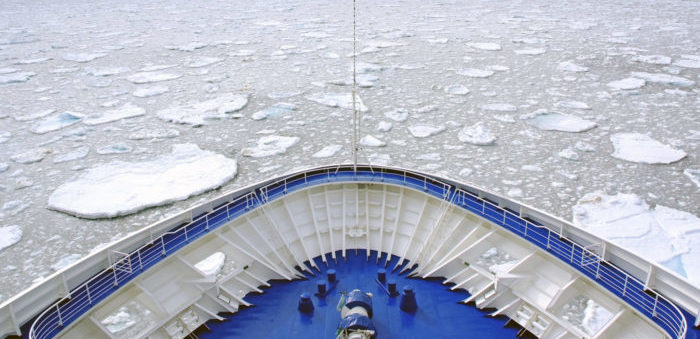The whole world is making great efforts to protect the Arctic from pollution and environmental disruption. Now, Iceland expresses its commitment to the principle of sustainable development and refers to the necessity of close cooperation between the states and peoples of the region and beyond.
Accordingly, the theme of the Arctic Council Chairmanship program for 2019-2021 represents Iceland’s commitment towards sustainability with the Chairmanship highlighting four priorities:
- The Arctic Marine Environment
- Climate and Green Energy Solutions
- People and Communities of the Arctic
- Stronger Arctic Council.
Guðlaugur Þór Þórðarson, Minister for Foreign Affairs of Iceland, commented that
I truly believe that an active dialogue, based on state-of-the-art scientific research, conducted through dynamic collaboration between our countries and organizations, is the best way forward for a constructive development of the Arctic Council.
Specifically, the four goals stated above, will be further explained here below.
#1 The Arctic marine environment
Iceland will highlight plastic pollution in the Arctic marine environment, drawing on the findings of the first desktop study on marine litter in the Arctic. Also, the Council will work on the development of a Regional Action Plan to reduce marine litter, including micro-plastics, along with other efforts to monitor and limit its impacts.
Iceland, furthermore, leads the development of a project on the Blue Bioeconomy in the Arctic, exploring opportunities to increase the value of marine products.
#2 Climate and green energy solution
The Council will observe and assess climate impacts on Arctic marine, freshwater and terrestrial ecosystems, and an update report on Arctic climate change will be prepared for the 2021 Ministerial meeting in Reykjavík.
Building on the work of the Expert Group on Black Carbon and Methane, efforts to identify opportunities to reduce emissions of short-lived climate pollutants will continue. Progress in this area could help slow the current pace of change in the Arctic while work is underway to reduce longer-term impacts.
#3 People and communities of the Arctic
Iceland aims to initiatives to promote the wellbeing of the roughly four million people living in the region will remain central to the Arctic Council’s work.
Northern communities are already facing challenges that result from the impacts of climate change, demonstrating the need for action to strengthen resilience and facilitate adaptation.
It added that
Gender equality is an important element for achieving sustainable development. Iceland will continue to lead a project that aims to promote dialogue on gender equality in the Arctic and strengthen a network of experts and stakeholders in the field.
#4 Stronger Arctic Council
Iceland’s Chairmanship aims to improve the constructive cooperation that has always been a key strength of the Arctic Council.
































































